Did you know that Kobayat is home to Lebanon’s largest oak forest, covering over 300 hectares (741 acres)? This hidden gem in northern Lebanon has been inhabited since the Bronze Age (3000 BCE) and sits along what was once the ancient Silk Road connecting East and West. With its rich history, stunning natural landscapes, and warm hospitality, Kobayat offers travelers an authentic Lebanese experience away from the usual tourist crowds.
Getting There & Planning Your Journey to Kobayat, Lebanon
Kobayat is located in the Akkar District of northern Lebanon, approximately 140 km (87 miles) from Beirut. The journey takes about 2.5 hours by car, making it perfect for a weekend getaway or as part of a longer Lebanese adventure.
From Beirut to Kobayat
The most convenient way to reach Kobayat is by car. Take the coastal highway north from Beirut toward Tripoli, then follow signs to Halba and finally to Kobayat. The roads are generally well-maintained, though the final stretch into the mountains can be winding.
Public Transportation Options
If you’re on a budget, you can take a shared taxi or bus from Beirut to Tripoli, then another to Halba, and finally a service taxi to Kobayat. While more affordable, this option takes considerably longer (4+ hours) and requires multiple transfers.
Kobayat is nestled in the mountains of northern Lebanon, near the Syrian border
Best Time to Visit Kobayat
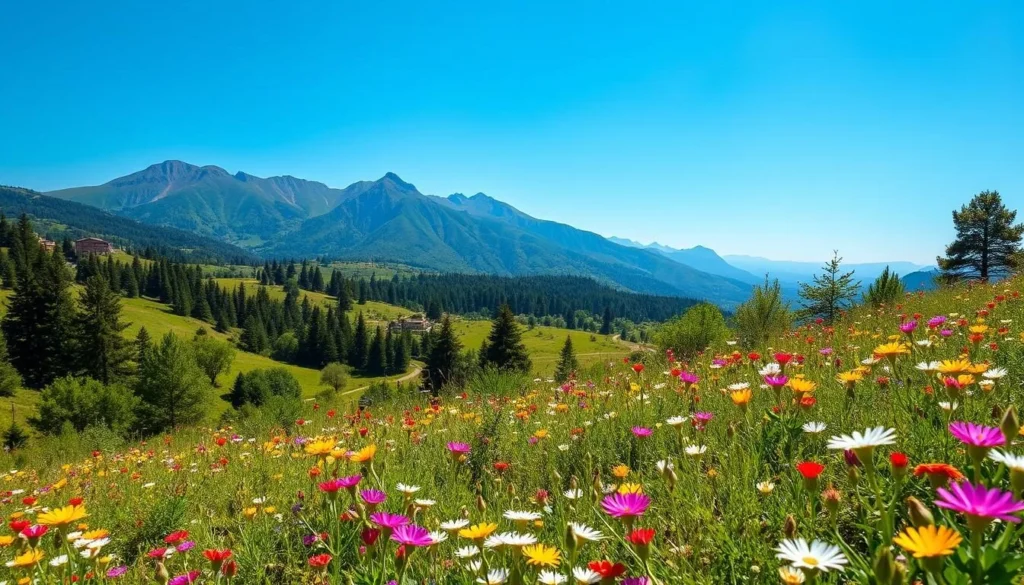
Recommended Seasons
- Late Spring (May-June): Temperatures range from 18-26°C (64-79°F) with low rainfall. The landscape is lush and green, perfect for hiking and outdoor activities.
- Summer (July-August): Warm days at 24-30°C (75-86°F) with cool evenings. This is peak season when many Lebanese return to their ancestral village.
- Early Fall (September-October): Pleasant temperatures of 16-24°C (61-75°F) with occasional rainfall. The changing colors of the forest make for spectacular scenery.
Seasons to Avoid
- Winter (December-February): Temperatures drop to 0-10°C (32-50°F) with significant snowfall. Many businesses close, and mountain roads can be hazardous.
- Early Spring (March-April): Unpredictable weather with rain showers that can disrupt outdoor activities.
- Late Fall (November): Increasing rainfall and dropping temperatures make outdoor exploration less enjoyable.
During summer, Kobayat hosts several cultural festivals, including the Kobayat Summer Festival in August, which features music, dance, and local food. If you’re interested in experiencing local culture at its most vibrant, this is the time to visit.
Getting Around Locally
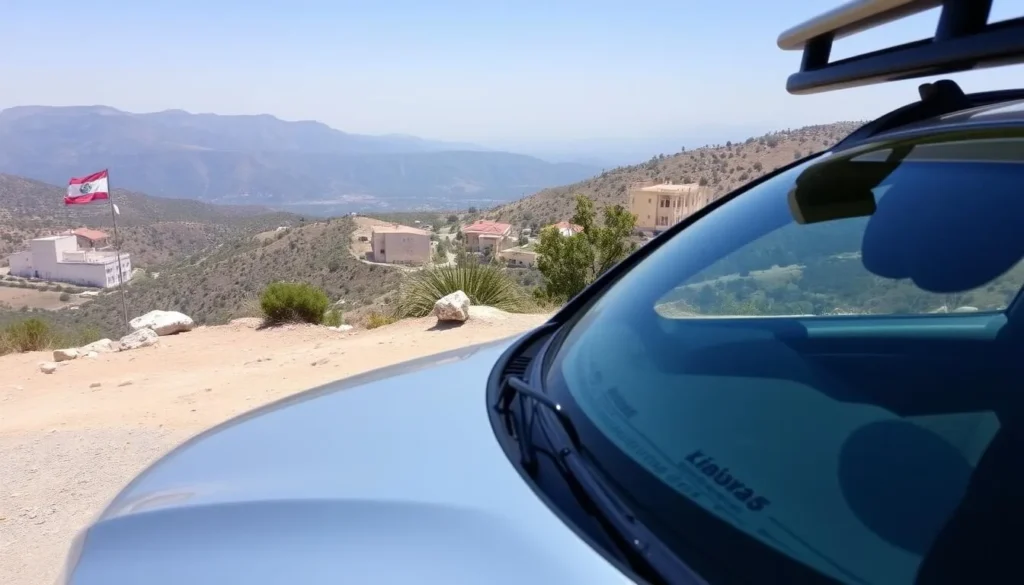
Kobayat is spread across several districts with varying elevations, from 550 meters (1,800 feet) to 900 meters (2,950 feet). Having your own transportation is highly recommended to fully explore the area.
Transportation Options
- Rental Car: The most flexible option for exploring Kobayat and its surrounding areas. A compact SUV is recommended for the mountain roads.
- Local Taxis: Available in the town center but should be arranged in advance for day trips.
- Walking: The town center is walkable, but distances between attractions can be significant.
The main roads in Kobayat are well-maintained, but some attractions in the surrounding nature areas may require driving on unpaved roads. During winter months, snow chains might be necessary if you plan to visit the higher elevations.
Where to Stay in Kobayat, Lebanon
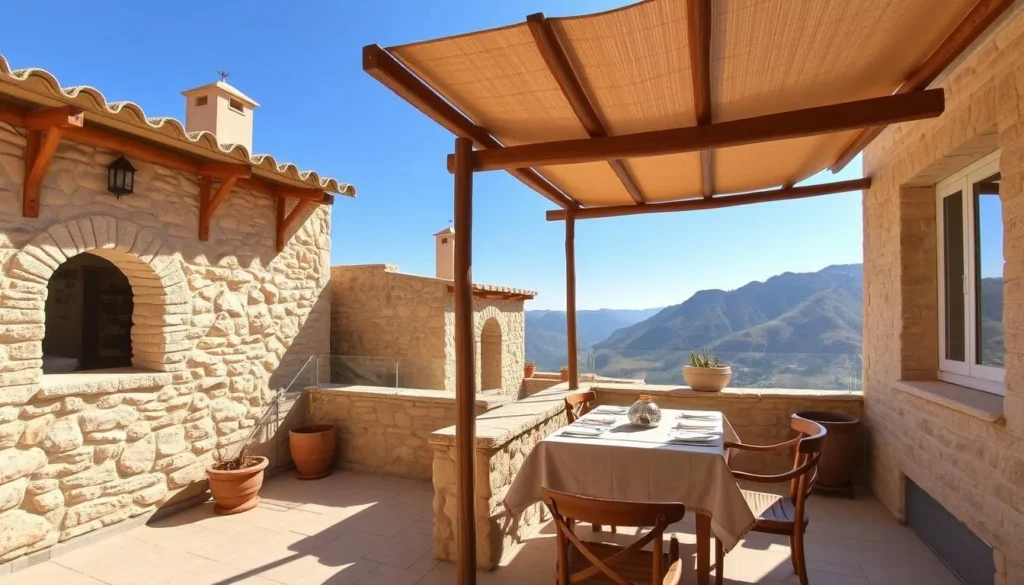
Kobayat offers a range of accommodation options, from traditional guesthouses to modern apartments. While not as developed as major tourist destinations, the authentic experience of staying in a local home or family-run guesthouse adds to the charm of visiting this region.
Accommodation Options
Utopia Inn
Located in downtown Kobayat, these modern studio apartments offer comfortable amenities with easy access to local shops, restaurants, and cafes. Perfect for couples or solo travelers.
Price range: $50-70 per night
Traditional Guesthouses
Experience authentic Lebanese hospitality in renovated stone houses. Many include home-cooked breakfast featuring local produce and offer stunning mountain views from private terraces.
Price range: $70-120 per night
Nearby Options
The neighboring towns of Andaket and Aydamoun offer additional accommodation options, including family-run B&Bs and vacation rentals, all within a short drive of Kobayat’s attractions.
Price range: $40-90 per night
During summer festivals and holidays, accommodations fill up quickly. It’s advisable to book at least 2-3 months in advance if you plan to visit during peak season (July-August).
Dining & Local Cuisine
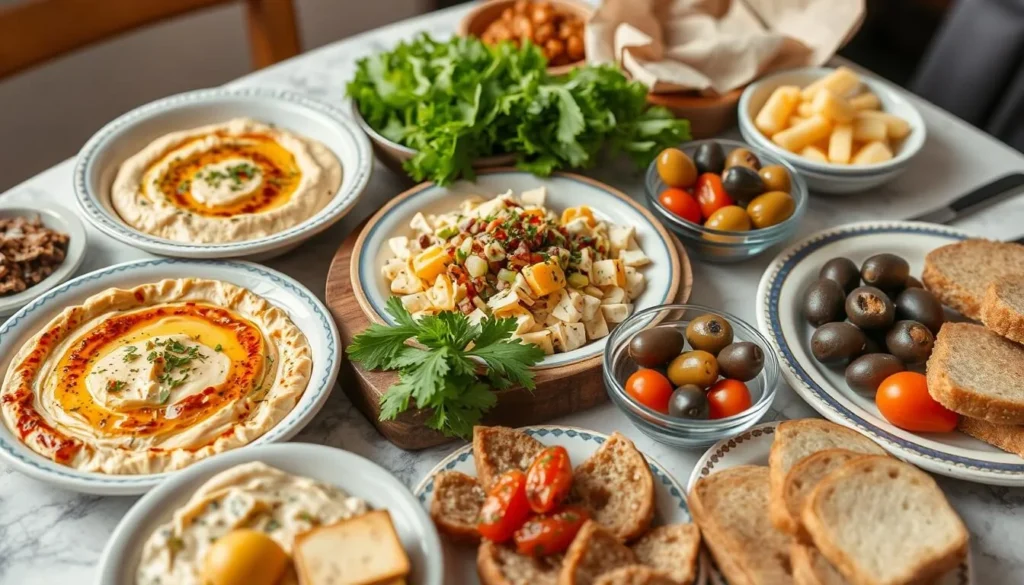
Kobayat’s cuisine reflects its agricultural heritage, with fresh, seasonal ingredients featuring prominently in local dishes. The fertile valley produces excellent fruits, vegetables, and olives that form the foundation of the regional diet.
Local Specialties
- Kobayat Olive Oil: Locally produced and known for its exceptional quality and flavor.
- Mountain Honey: Produced from the diverse wildflowers of the surrounding forests.
- Fresh Fruit: Apples, cherries, and pears grown in the orchards around the town.
- Traditional Mouneh: Preserved foods like makdous (oil-cured eggplant) and kishk (fermented yogurt with bulgur).
Recommended Restaurants
Al Wadi (Marchalita)
A popular restaurant serving traditional Lebanese cuisine with a focus on local ingredients. Their grilled meats and fresh salads are particularly noteworthy.
Price range: $$
Morgan
Offers a mix of Lebanese and international dishes in a comfortable setting. The outdoor seating area provides beautiful views of the surrounding mountains.
Price range: $$
Challal Essamaq
Specializes in freshwater fish dishes, as its name “Torrent of Fish” suggests. A unique dining experience with dishes you won’t find elsewhere in the region.
Price range: $$-$$$
Most restaurants in Kobayat serve meals family-style, with multiple dishes shared among the table. This reflects the communal nature of Lebanese dining culture and allows you to sample a variety of flavors in one meal.
Attractions, Sightseeing & Activities in Kobayat Lebanon
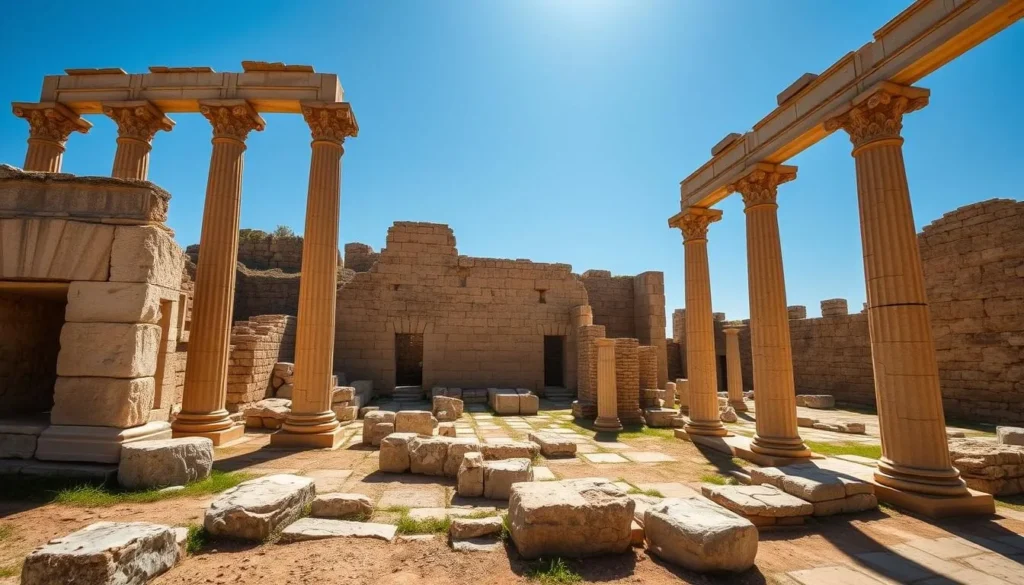
Kobayat’s rich history spanning thousands of years has left behind fascinating archaeological sites, while its natural setting provides ample opportunities for outdoor exploration.
Historical Sites
Temple of Ban
A Roman temple in the Helsban Saint Valley later transformed into St. Artimos-Challita Church. The site showcases the architectural brilliance of ancient Roman builders and the religious continuity of the region.
Chouita Castle
Ruins of a majestic castle that witnessed the Umayyad-Byzantine conflicts in the region. The strategic position offers panoramic views of the surrounding valleys.
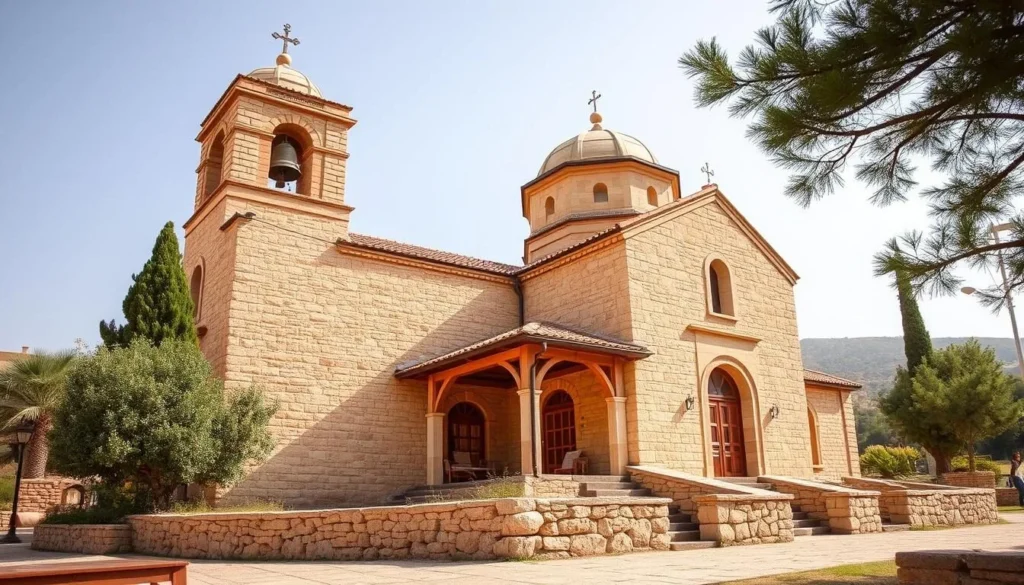
Religious Sites
- Saydet el Ghassalet Church: Known as “Our Lady the Cleanser,” this church houses Phoenician, Greek, and Roman artifacts.
- Mar Doumit Monastery: Home to the Carmelite Fathers who arrived in the mid-19th century and played a crucial role in developing education in the region.
- Saydet Chahlo Church: Built on a Phoenician site with an altar dating back thousands of years.
Many of these historical sites are still active places of worship. Visitors should dress modestly and be respectful when entering churches and monasteries.
Museums, Cultural Spots & Festivals
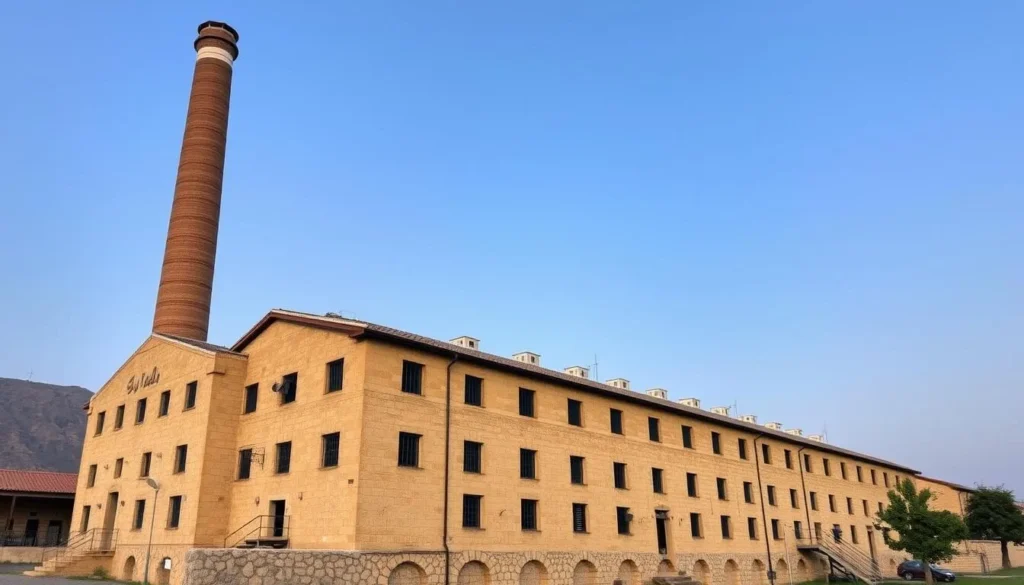
Kobayat’s cultural heritage is preserved through its historical buildings, traditional crafts, and seasonal festivals that celebrate local traditions.
Cultural Heritage Sites
- Historic Silk Factory: With its distinctive 30-meter chimney, this renovated factory stands as a testament to Kobayat’s once-thriving silk industry that employed over 100 workers.
- Traditional Lebanese Houses: Wander through the older districts to admire the beautiful stone houses with their characteristic arches and terraces, some dating back to the late 19th century.
- Local Craft Workshops: Visit artisans continuing traditional crafts like woodworking and textile production.
Festivals & Events
Kobayat Summer Festival (August)
A celebration of local culture featuring music performances, dance, traditional food, and handicraft exhibitions. The festival attracts visitors from across Lebanon and returning emigrants.
Religious Celebrations
Various feast days of patron saints are celebrated throughout the year with processions, special masses, and community gatherings. These events offer insight into the spiritual traditions of the Maronite community.
The cultural identity of Kobayat has been shaped by its position at the crossroads of civilizations and its strong ties to the Lebanese diaspora. Many summer events are organized by returning emigrants who maintain deep connections to their ancestral village.
Sports, Nature & Outdoor Experiences
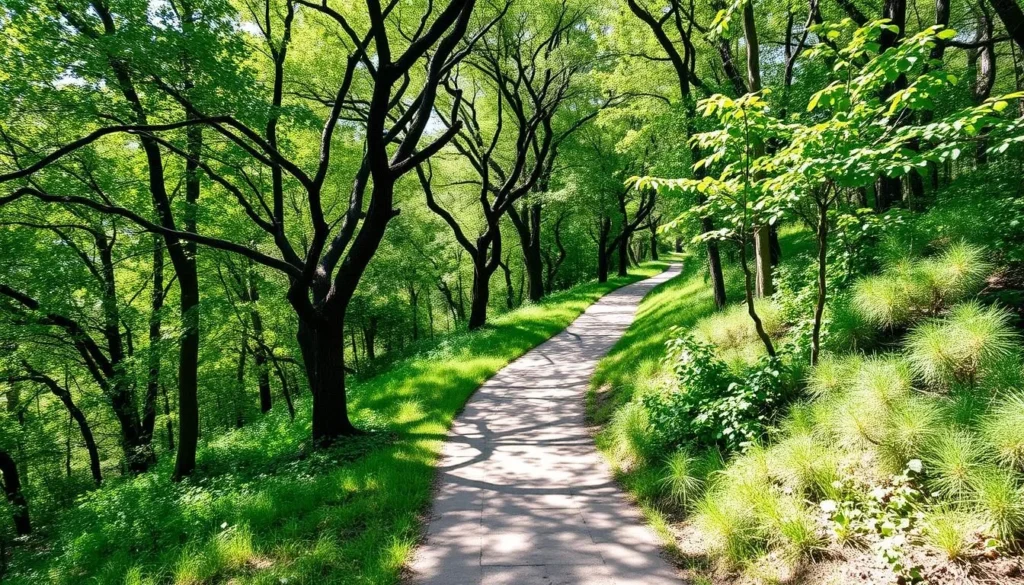
Kobayat’s diverse natural landscape offers excellent opportunities for outdoor enthusiasts, from leisurely nature walks to more challenging hiking adventures.
Natural Attractions
Karm Chbat Nature Reserve
Home to Lebanon’s largest oak forest, this protected area offers well-marked hiking trails and opportunities to spot local wildlife. The reserve is particularly beautiful in autumn when the leaves change color.
Oudine Valley
A picturesque valley with flowing streams, wildflowers, and dramatic rock formations. Perfect for photography and picnicking during spring and summer months.
Helesban Valley
Known for its lush vegetation and historical significance, this valley contains several ancient sites alongside natural beauty, creating a unique blend of cultural and natural exploration.
Outdoor Activities
- Hiking: Numerous trails of varying difficulty levels wind through the mountains and forests surrounding Kobayat.
- Horseback Riding: Local stables offer guided rides through scenic landscapes.
- Camping: Designated camping sites like Balloot Camping Site provide facilities for overnight stays in nature.
- Photography: The diverse landscapes, from misty valleys to snow-capped peaks, offer endless opportunities for nature photography.
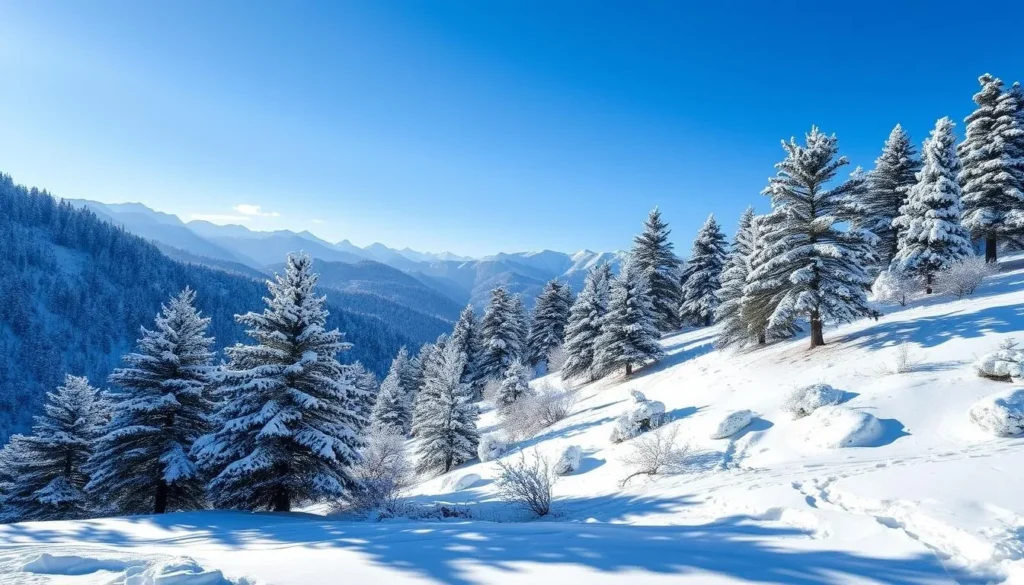
In winter, the higher elevations around Kobayat receive significant snowfall, transforming the landscape into a winter wonderland. While not a developed ski destination, the area offers opportunities for snowshoeing and winter hiking when conditions permit.
Safety, Etiquette & Local Customs
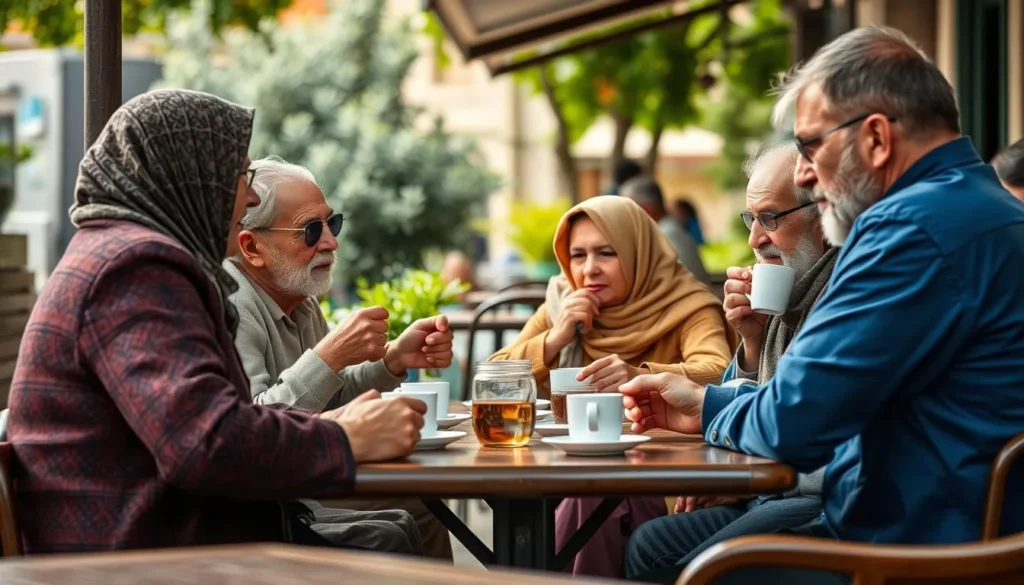
Kobayat is generally a safe destination with a welcoming community. As with any travel destination, being aware of local customs and practices will enhance your experience.
Safety Considerations
- Road Safety: Mountain roads can be narrow and winding. Drive cautiously, especially after rainfall or during winter months when ice may be present.
- Hiking Safety: When exploring nature areas, stick to marked trails, bring sufficient water, and let someone know your planned route and return time.
- Medical Facilities: Kobayat has a hospital (Saydet el Salam) and several clinics, but for serious medical issues, larger facilities are available in Tripoli.
Local Customs & Etiquette
Kobayat is a predominantly Maronite Christian community with traditional values. Visitors should be respectful of local customs:
- Dress Code: While not strictly conservative, modest dress is appreciated, especially when visiting religious sites.
- Greetings: Lebanese culture values personal connections. A handshake is common, and close friends may greet with kisses on the cheek.
- Hospitality: If invited to a local home, bringing a small gift like sweets or flowers is appreciated. It’s customary to remove shoes when entering someone’s home.
- Photography: Always ask permission before photographing people, especially in rural areas where traditions may be more conservative.
The people of Kobayat are known for their hospitality and are often eager to share their culture and traditions with visitors. Don’t be surprised if you’re invited to join a family meal or local celebration!
Practical Travel Tips

Essential Information
Language
Arabic is the official language, but many residents speak French or English, especially those working in tourism or who have lived abroad. Learning a few basic Arabic phrases will be appreciated by locals.
Currency & Payments
The Lebanese Pound (LBP) is the official currency, but US dollars are widely accepted. Due to economic fluctuations, check current exchange rates before your trip. Cash is preferred in smaller establishments.
Connectivity
- Mobile Coverage: Generally good in the town center but may be limited in remote hiking areas.
- Internet Access: Most accommodations and cafes offer Wi-Fi, though speeds may be slower than in major cities.
- Electricity: Lebanon uses type C and G plugs with 220V supply. Power outages can occur, so a portable charger is recommended.
Packing Suggestions
- Seasonal Clothing: Layers are essential as mountain temperatures can vary significantly between day and night.
- Hiking Gear: Comfortable shoes with good traction for exploring the rocky terrain.
- Sun Protection: Hat, sunglasses, and sunscreen, especially during summer months.
- Reusable Water Bottle: Kobayat is known for its fresh spring water, and you’ll find many public fountains to refill your bottle.
Experience the Authentic Charm of Kobayat
Kobayat offers travelers a unique blend of natural beauty, rich history, and authentic Lebanese culture that’s increasingly hard to find in more developed tourist destinations. From exploring ancient Roman ruins to hiking through pristine oak forests, from savoring locally-produced olive oil to connecting with the warm local community, Kobayat provides an experience that feels both timeless and refreshingly genuine.
Whether you’re seeking outdoor adventure, cultural immersion, or simply a peaceful retreat in the mountains, this hidden gem in northern Lebanon deserves a place on your travel itinerary. The best souvenirs you’ll take home aren’t things you can buy—they’re the memories of misty mountain mornings, the taste of fresh-picked fruit, and the stories shared with local residents whose families have called this valley home for generations.
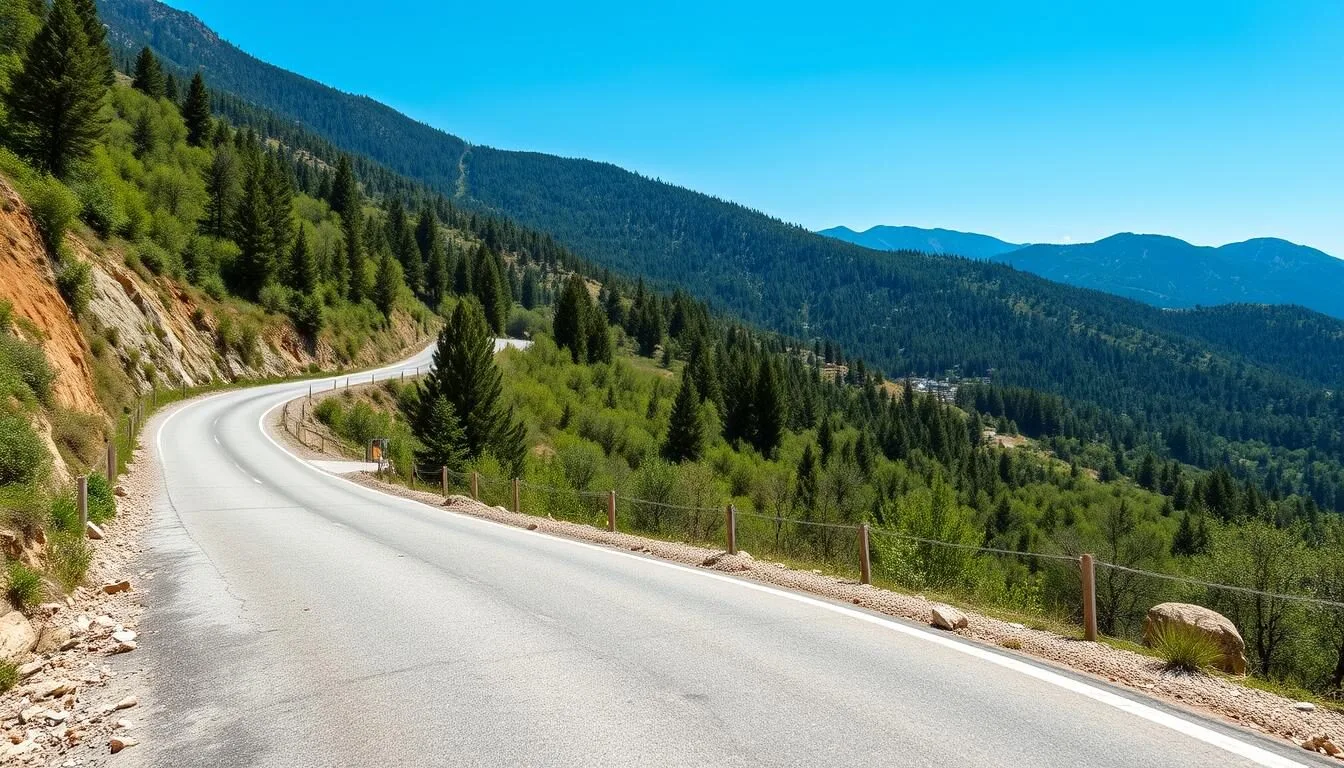
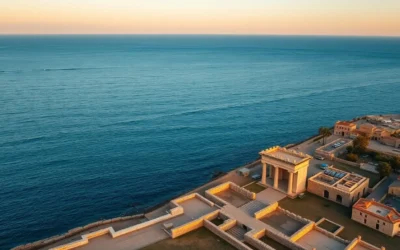
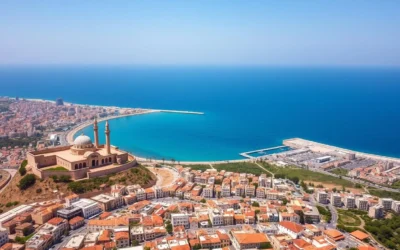
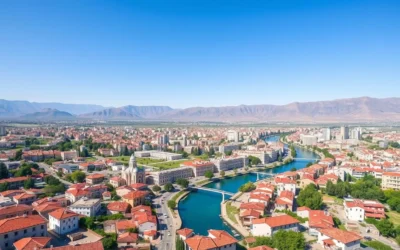
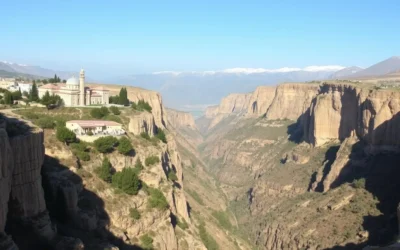
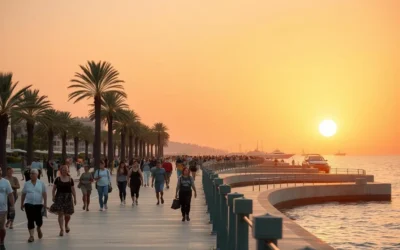
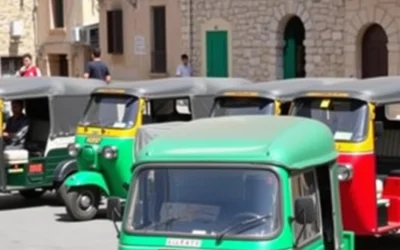
0 Comments